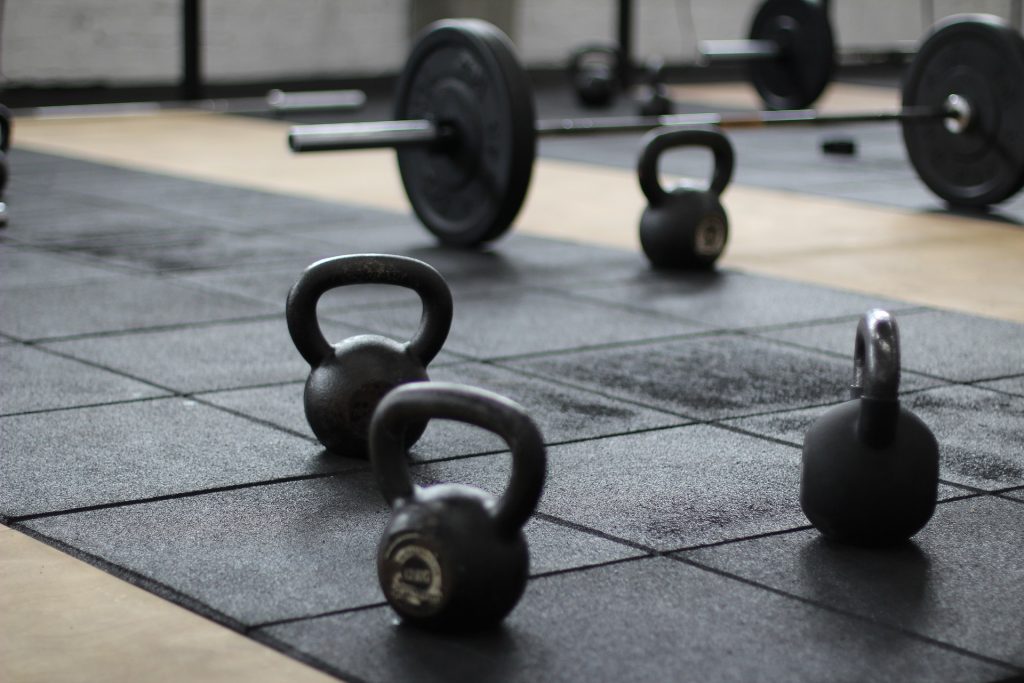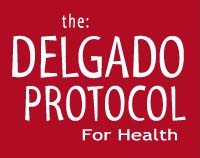Americas Only Olympic Weightlifter Eats Vegan: Why You Should Too!
 There’s a common myth that you need to eat meat in order to build strength and stamina but 30-year-old, vegan Olympic weightlifter Kendrick Farris proves that wrong! Standing at just 5’6”, Kendrick weighs 187 lbs – most of which is solid muscle. Since switching to a vegan diet in September 2014, Kendrick has increased his muscle mass, moved up a weight class, and attained a body fat percentage of just 6.5.
There’s a common myth that you need to eat meat in order to build strength and stamina but 30-year-old, vegan Olympic weightlifter Kendrick Farris proves that wrong! Standing at just 5’6”, Kendrick weighs 187 lbs – most of which is solid muscle. Since switching to a vegan diet in September 2014, Kendrick has increased his muscle mass, moved up a weight class, and attained a body fat percentage of just 6.5.
Kendrick is living proof that you don’t need meat to build explosive strength and record-breaking athleticism. In May of this year, he broke the American lifting record for clean-and-jerk with 3 lifts that totaled 743 lbs. And he recently set an American Record total (and broke his own personal record), at the 2016 Olympic Trials in Salt Lake City, when he lifted a whopping 800 lbs. Giving birth to his son was what prompted Kendrick’s transition to veganism.
Upon switching in 2014, he noted: “I transitioned to a vegan diet about a month ago, and I’m happy to report my life has changed for the better. I feel like a new person” Two years into veganism he stated:
“I really don’t know what happened to me. My son was born almost two years ago, he was born in September 2014 and something happened where I was like, “I’m just seeing the whole thing. So I’m like, I need to do something different. Like how do you get back to what is the purest form of our life, our being and it started with the food.”
Kendrick isn’t the only Olympic athlete who follows a vegan diet either. The Olympic Sprinter-Morgan Mitchell, and the Olympic Long Jumper/NFL Player-Marquise Goodwin, are also both proud vegans. Dr. Nick Delgado also follows a 98 plant-based diet and he has broken several World Strength Endurance records while doing so. There is a common misconception that you need a lot of protein in order to build muscle, and that the best source of protein is animal products, but Dr. Delgado explains:
“…your protein needs are adequately met (on a plant-based diet) and the protein absorption is superior. So where, let’s say, I took 35 grams of protein from a sweet potato — there’s a protein spearing effect from the complex carbohydrates in the sweet potato, meaning the energy needs of the body are met first. Also, the amino acids (in a sweet potato) are very similar to what’s in human breast milk; so it can be absorbed effectively and efficiently for the organ needs, the muscle needs and the bodily needs. So with plant-based proteins, 35 to 65 grams of protein is more than sufficient. It’s when you get into animal products that you need double the amount of protein to meet the amino acid requirements of the body, and that is because it’s not an amino acid that the human body understands.”
 And the benefits of a vegan diet aren’t just limited to strength and athleticism enhancement. A plant-based diet also helps reduce the risk for: Type 2 diabetes, cardiovascular disease, ischemic heart disease, hypertension, stroke, osteoporosis, arthritis, macular degeneration, diabetes, obesity and certain types of cancer. In addition, it helps optimize nutrient intake, enhances energy levels, promotes an ideal body shape, and creates beautiful, glowing skin. If all that weren’t enough, veganism protects the welfare of both animals and the environment.
And the benefits of a vegan diet aren’t just limited to strength and athleticism enhancement. A plant-based diet also helps reduce the risk for: Type 2 diabetes, cardiovascular disease, ischemic heart disease, hypertension, stroke, osteoporosis, arthritis, macular degeneration, diabetes, obesity and certain types of cancer. In addition, it helps optimize nutrient intake, enhances energy levels, promotes an ideal body shape, and creates beautiful, glowing skin. If all that weren’t enough, veganism protects the welfare of both animals and the environment.
Transitioning to a plant-based diet may see difficult at first, and many people find themselves at a loss as to what to eat. But plant-based eating does not have to be bland, complicated or boring. For healthy, delicious, inspiring, and easy to prepare recipes that will have you looking and feeling better than ever, get your hands on the Simply Healthy Cookbook HERE.





